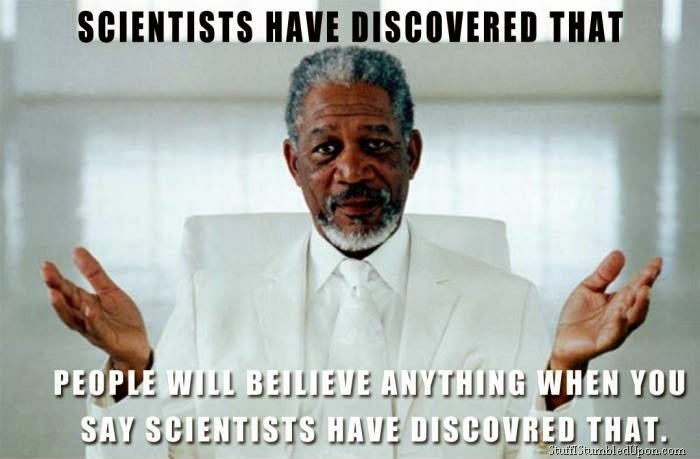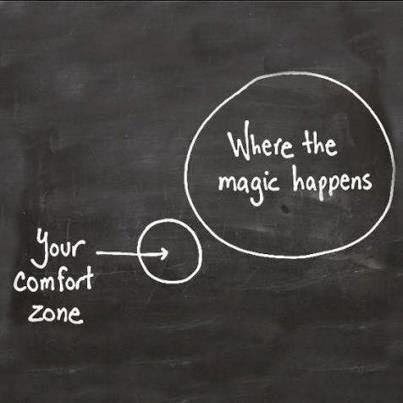There's a 'life lesson' that was trending a while ago about privilege. In the analogy, a teacher led a simple example about privilege and social mobility. The example involved asking all the students in the class to try and throw a piece of paper into the recycling bin which was placed at the front of the class. As expected, the percentage of people at the front of the class who made the shot, was higher than those at the back. The teacher then concluded that 'your job - as students who are receiving an education - is to be aware of your privileges. And use this particular privilege called 'education' to do your best to achieve great things, all the while advocating for those in rows behind you.' If you're interested, you can watch the full explanation here (Students Learn A Powerful Lesson About Privilege).
I thought this was a great way of explaining how even menial things in life are connected to privilege. However, the analogy of the lesson is not what interests me. More so it's what happens next is the interesting part. Consider these two subsequent events:
Those that now find themselves with privilege (who previously didn't)
Through a combination of will, determination and some natural ability, someone from less privilege can find themselves in a position of privilege. However, because of the way they were forced to overcome an obstacle, there is often nothing graceful about it. As such, given that we are generally a superficial society, those with privilege can be very quick to judge those that they perceive to behave strangely when they come into a little bit of privilege. Even more interesting is that when given the opportunity to learn how to do something a simpler way, the person with new found privilege can be resistant.
To continue the teacher's analogy, this would consist of someone at the back making 'the shot' and therefore being allowed to sit at the front of the class. For the purpose of this discussion, let's call the person Steve. Let's also assume that to make the shot, Steve had to count how many people were in front of him, determine the periodic timing of the fans as they sway back and forth; let alone estimate the density of the paper ball to determine which person's head the ball would need to bounce off for it to land in the waste basket. Now when Steve is at the front of the class, he no longer has to worry about people being in front of them, nor does he need to worry about the fans. Yet when Steve checks the fans locations, the others at the front will probably laugh at him. Furthermore, when shown that the shot can be made by simply tossing it into the basket, Steve will probably still want to check the density of the ball.
This is an interesting phenomenon, of which no one is exempt. After all, we always treasure an accomplishment more when we figure something out for ourselves - even if it seems retarded to someone else. The most important thing though is to remember that we aren't all created equal and that there has to be a reason, motivation and/or general back story as to why a person behaves in such a way.
Let's now consider the flip side of the coin.
No matter what level of privilege we are fortunate to have access to, there is always someone with a similar set of attributes that does not receive the same level of privilege. In many cases, the privilege is a financial advantage (i.e. you are able to pay to be closer to the basket). However, all this does is masks a person's deficiencies. As such, whilst a less privileged person will get found out quite quickly, the privileged person will be able to ghost along pretending everything is happiness and rainbows and may never be found out - which is why it makes it all so interesting when they do get found out.
 |
| I don't think he's ever going to understand privilege |
Once again, let's continue the analogy set out by the teacher. This time our subject is a person of average ability but has the fortunate privilege to sit up the front. We shall call him Tony. Now given the close proximity to the basket, Tony simply scrunched up the piece of paper and basically placed it into the waste basket. As such, Tony feels quite good about himself and probably doesn't consider why the shot was so easy. Hence, if Tony was asked to make the shot again but instead this time he is blindfolded, it may suddenly be extremely difficult for him to make the shot. It is therefore not surprising when Tony completely misses the shot and suddenly finds himself behind the other people at the front.
The key difference between Tony and Steve is that Steve, had to be adaptable to overcome many obstacles; something Tony has never had to consider. I'm not saying that Steve would make the shot. He would however, be more prepared than Tony to make or fail at the shot. Fortunately, for Tony given his position of privilege, it is more than likely that he will have access to resources such that he may be able to make the shot.
As cruel as it is, no matter how much privilege we have, we will all eventually get found out. It's not the end of the world, but it does mean accepting some hard truths about yourself. We must also be understanding of others and their actions so that privilege doesn't become a dirty word. As summarised by the teacher, privilege is something that you should be aware of and ideally you should be doing everything in your power to make the best use of said privilege. Sadly, this often doesn't hold true for many people. However, if we can all be more aware and never forget the privileges we are given, we may just find that that strange person is not that strange.
#Hanbaobao
To stay up to date with all the latest posts follow me on:
Instagram: @the_over_correction
Instagram: @the_over_correction
Facebook: facebook.com/theovercorrection
Alternatively, any sharing of a post using the share bar below would be greatly appreciated and would be greeted with multiple imaginary high 5's.
Alternatively, any sharing of a post using the share bar below would be greatly appreciated and would be greeted with multiple imaginary high 5's.


.jpg)














.jpg)

.jpg)


























.jpg)






